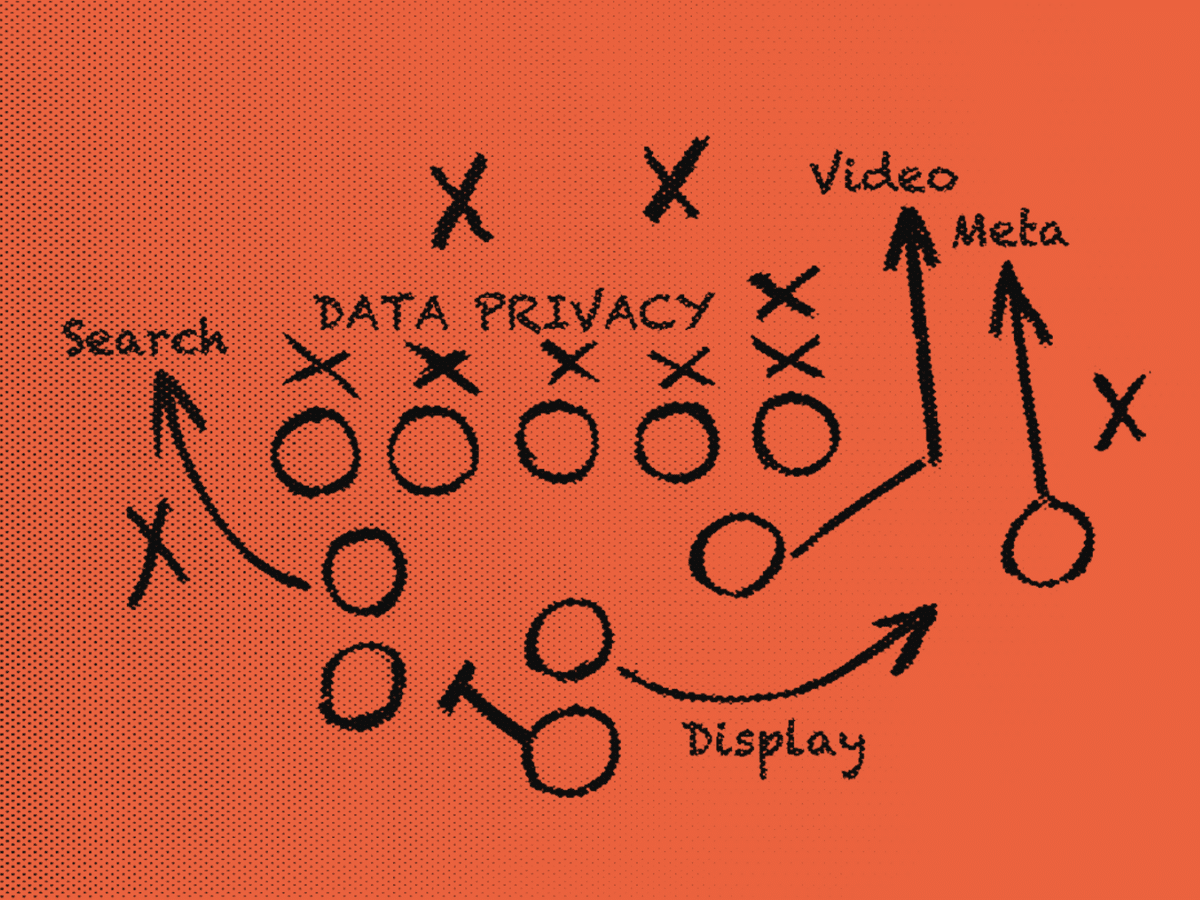Interim Leadership for Ecommerce Growth
Many new brands are bursting onto the scene with a direct-to-consumer (DTC, d2c, b2c) first (and often only) model. Other, well-established brands, have cracked the code on d2c over a decade ago. If your brand isn’t quite there yet it can feel frustrating and intimidating knowing money is being left on the table. Unlike a decade ago, rarely is there any dispute over the legitimacy of this channel. However, it can be a confusing landscape to navigate.
As an Interim Ecommerce Leader, I have experienced similar challenges over and over again, especially with brand manufacturers. It’s important to know you are not alone in having a less mature strategic position in your direct-to-consumer business. Let’s explore the common questions and scenarios I have experienced, repeatedly, and some ways to address these common concerns.
-
My <CEO, Board, etc.> thinks direct-to-consumer is the answer to more, profitable growth for our company and I’m tasked with huge growth goals; where do I start?
If you are like most companies I’ve encountered, you already have your brand store up and running and it is quietly producing a decent amount of money and nice profit margins with minimal work. You are likely also partnering with retailers, and seeing huge growth with their online stores, at a lower margin. So it seems logical the answer is selling more through your own branded site. On the surface, this is a no-brainer idea, however, there is a lot that needs to go into this decision.
Before committing that this is right for your organization, it is imperative to complete an unbiased readiness assessment or current state assessment. Without this step, you may find yourself spinning your wheels and investing time and money in the wrong places. Some have a “build it and they will come” mentality, and there is a lot more to it than that.
A readiness or current state assessment includes looking at the following:
- People – Who do you currently have in place to lead these efforts? Is this something you will handle in house or will you outsource? Who should you hire? Who should you hire first?
- Process – How will d2c be managed and viewed across the organization? How will this be balanced amongst your valued retail partnerships? Are you prepared to handle large(r) volumes of shipping d2c? How about servicing these customers?
- Technology – What is the right eCommerce platform for your organization? What additional tools fo you need to effectively manage this channel? How much is all of this going to cost?
- Budgets – How much is ALL of this going to cost? What should my marketing budget be? What is the right salary for these types of resources?
- KPI’s – What are the right KPI’s to watch? Are our baseline numbers good or bad? What should I focus on?
- D2C – What does this mean for your organization? Brand.com? Marketplace management? E-Tailer support? All of the above?
- Expectation Setting – A readiness assessment allows someone from the outside, who has done this before and knows what it takes to get things up and running, come in and communicate growth trajectory, incremental sales opportunity, anticipated conversion rates, and profit margin expectations years for the next 3 years.
Only, after completing these steps, will leadership be able to make an informed decision about whether or not direct-to-consumer growth is the right move for your organization. Having an external, Interim Leader come in to complete this, will save a lot of wasted time, money, and energy.
-
Where does ECommerce belong on the org chart?
I actually get this question quite a bit, and while I wish there was a one-size-fits-all answer, it truly varies from one organization to the next. Unfortunately, politics are often at play by the time I come into a company. This especially holds true if there is a lack of understanding of the complexities involving a direct-to-consumer setup and this a “tack-on” to an existing teammates workload. My best practice recommendation is that the D2C Ecommerce should be its own separate function and report directly to the CEO or CFO and this is why.
An ECommerce leader is a General Manager; done correctly D2C is equal parts:
-
- Sales
- Marketing
- Technology
- Customer Service
- Operations and Fulfillment
- Chances are good a dedicated team for all of these functions won’t be granted out of the gate. I happen to believe the companies out there doing it best have created this structure though it’s a lot of upfront investment, so it’s a hard sell.
- Since this function will likely be sharing resources from across the organization, and “borrowing time” from others direct reports, having this position reporting directly to the CEO will give it the gravitas and appropriate prioritization within the organization
Another structure I really like is creating an internal agency or shared services model that floats across all of these functions. This is a bit trickier from a change management perspective within an established organization. However, creating procedures around this that allow for organizational negotiation of workload based on business goals and objectives is beautiful when executed correctly.
While above is best case scenario, bringing in Interim Leadership will allow someone who has been in the trenches to come in and assess what will work best in your organization based on today’s needs as well as the strategic vision.
-
We’re all in on D2C ECommerce, who do I hire to run this thing?
This may be the trickiest question of them all when one takes into account all that this function is responsible for handling. Like everything else, it depends upon where your organization is in its maturation. Getting something off the ground is much different than stepping in and growing an established business. Thusly this requires two incredibly different skill sets. This is where Interim Ecommerce Leadership can really be of value while providing time to find the right person for your needs.
Let’s be clear, the Unicorn who has equal parts experience and success in sales, marketing, technology, service, and operations doesn’t exist. As with the other recommendations, this will vary from one company to the next, but here are some skills (and soft skills) that are imperative for a successful FT or Interim Ecommerce hire.
- Strong business acumen; comfortable with change
- Strong P&L management
- HIGH EQ – this person must be able to work across the organization; he or she will need to leverage personnel from many areas of the organization and will need to earn their trust and respect to get things done
- Technical aptitude – he or she may not be able to program or code, but should have an appreciation and understanding of the complexities involved when asking for new features and functionality. They can also call shenanigans when scope (in time, effort, or cost) is overinflating
- Natural teacher and leader – think servant leader here
- Understanding of the digital sales funnel and the levers available to drive specific KPI’s in an online world
- Goal-driven and KPI focused
- Process-driven
- Equal parts rigid and flexible
Interim Ecommerce Leadership
OK, so maybe you do need a Unicorn. This is another reason that Interim Leadership is great to have in place while you take time finding the right hire to lead to profitable and sustainable growth in your Direct-to-Consumer Ecommerce journey while also supporting and educating your Sales team on opportunities for growth with online retail partnerships. It is also important to find a recruiting firm who specializes in finding Ecommerce leaders and professionals.
- When done right, D2C eCommerce is an excellent growth channel for your business
- It will take time, money, effort and experience to take it from a passive channel to an active channel; only you can decide if it’s worth it
- Unbiased, external feedback will help to ensure you go into this endeavor with eyes wide open
- Often times, restructuring is necessary for success. This is best done through partnership consultancy to help facilitate and manage change
- Once you’re all in, an Interim Ecommerce Leader will oversee the change management while you find the right long term hire to fit your needs
Chameleon Collective specializes in eCommerce assessments; both readiness and current capabilities. We are available to step in and run point as an Interim Ecommerce Leader to ensure you begin capitalizing on this sales channel as quickly as possible and we can also help to fill your long-term strategic hiring needs for eCommerce Leadership. Finally, we specialize in creating internal service agencies, managing change and allocating existing resources for efficiency and employee satisfaction without exploding your budget.






